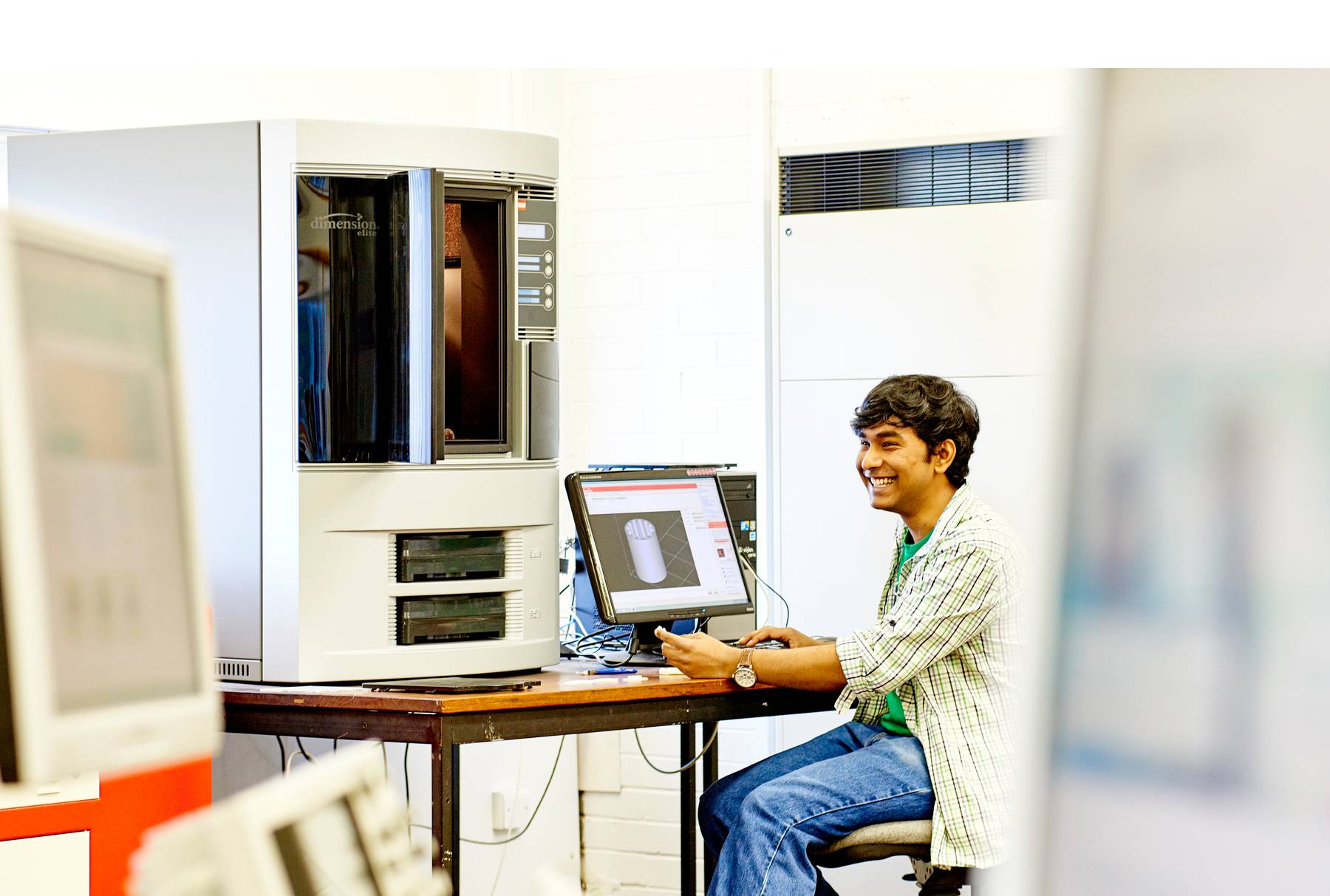Research and Innovation
We’re an international hub for research and industry engagement.
About our research
Newcastle University in Singapore is a regional hub for international research collaborations and industry partnerships.
We have 16 academic experts working across:
- energy technology, control and management systems
- marine and offshore technology and engineering
- mechanical systems, materials and machine learning
We work with other institutes in the region, as well as our UK colleagues at Newcastle University. Together, we bring international expertise to research and industry projects across Singapore and the region.
Singapore Research Brochure (PDF: 1.4 MB)
Funded projects
2021
- Safety envelope for ship recycling practices in Bangladesh: Hazard identification and risk evaluation
- Automated identification and enumeration of midge population
- Design and development of a cyber-physical system for cyber security assessment in a smart distribution grid
- Machine learning techniques for energy demand and generation forecasting
- Towards a policy for a sustainable industry in PET-based triboelectric nanogenerator
- Research on highly skewed turbine rotors fabricated via 3D printing for open water tests
Academic expertise
Our staff have in-depth knowledge and experience of their subject areas. Many have worked in both industry and academia.
Our research is science-based in real-life applications. We pride ourselves on our ability as thought leaders in our chosen areas of interest.
Browse our academic staff in each subject area:
Academic research focus areas (PDF: 2 MB)
Energy technology, control and management systems
- Smart and microgrids
- Grid resiliency
- Distributed energy systems
- Renewable energy systems
- Energy integration, forecasting and planning
- Artificial intelligence for smart energy management
- Energy storage, batteries and their applications
- Advanced power electronics
- Cyber-physical systems in energy grids
Marine, offshore technology and engineering
- Data science in marine engineering
- Digitalisation in the maritime and offshore industries
- Battery systems for the marine and offshore industries
- Modelling and predictive analytics for marine, energy storage and acoustic systems
- Hydrodynamic modelling and testing, and its application in the maritime industry
- Ship hydrodynamics, efficiency and propulsion optimization
- Noise and vibrations in ships
- Hydrodynamic modelling of offshore structures
- Management and work practices in shipyards
- Green ship technologies, impact of climate change and alternative fuels
- Offshore renewable energy structures
- Innovative design of floating structures and islands
Mechanical systems, materials and machine learning
- Manufacturing process modelling and optimization
- Development of algorithms for Multi-Objective/Multi-Modal Optimization
- Atomistic and multi-scale manufacturing process modelling
- Digital twinning
- Lean analytics and smart solutions for manufacturing applications
- Human-in-the-loop virtual environments for mobility
- Neurocontrol and musculoskeletal modelling
- Wireless charging for mobility devices
- Omni-directional drive mobile robotics
- Mechatronic systems and underwater robots
- The mechanics of composite materials
- Composite materials in the automotive, aerospace, construction and biomedical industries
- Optimization of 3D printing of composite materials
- Machine learning for prediction of the mechanical properties of composites
- Additive manufacturing
- Microwave processing of materials
- Metallic composites
Postgraduate research degrees
If you’re interested in our research, you can study an MPhil or PhD degree in the above research areas.
These degrees are available through our Newcastle Research & Innovation Institute (NewRIIS).
